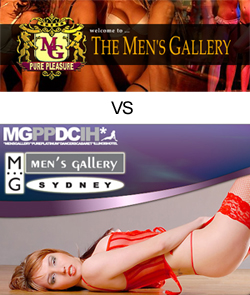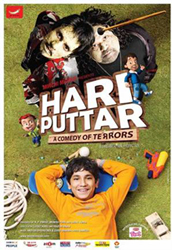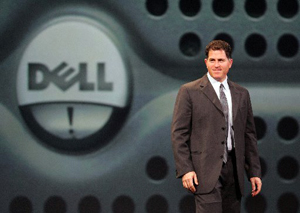 ‘Gentlemen’s Club’ Mens Gallery Melbourne has successfully stopped its Sydney namesake from registering its corporate logo as a trade mark in Australia. This happened at a Trade Marks Hearing.
‘Gentlemen’s Club’ Mens Gallery Melbourne has successfully stopped its Sydney namesake from registering its corporate logo as a trade mark in Australia. This happened at a Trade Marks Hearing.
The Mens Gallery Sydney applied for a trade mark for its logo, covering “Theatre restaurants (entertainment services)” and “Theatre restaurants (provision of food and drink)”!
The Sydney application was rejected.
This doesn’t mean the Mens Gallery Sydney will have to change its name, but without a registered trade mark, it can’t stop others from using a similar logo.
Some lessons to learn from this case:
The Hearing Officer was critical of the evidence supplied by the Sydney applicant – photocopied, not original statutory declarations; documents sometimes referring to the Mens Gallery words instead of the Mens Gallery logo; spelling mistakes; lack of dates; meaningless financial information.
Also, the attorneys for the Sydney application did not show up at the hearing, although the Melbourne group was represented by a leading barrister. Attendance is strictly not essential, but you can hardly complain about losing a hearing if you don’t take it seriously enough to show up. If you are serious about winning, do it properly.



 Warner Bros, producers of
Warner Bros, producers of  Computer company Dell has
Computer company Dell has  Tax preparation firm H&R Block is
Tax preparation firm H&R Block is  The Walt Disney Co has been s
The Walt Disney Co has been s Sony BMG has
Sony BMG has  Swedish parents can now name their children after well-known brands.
Swedish parents can now name their children after well-known brands. Google has successfully
Google has successfully